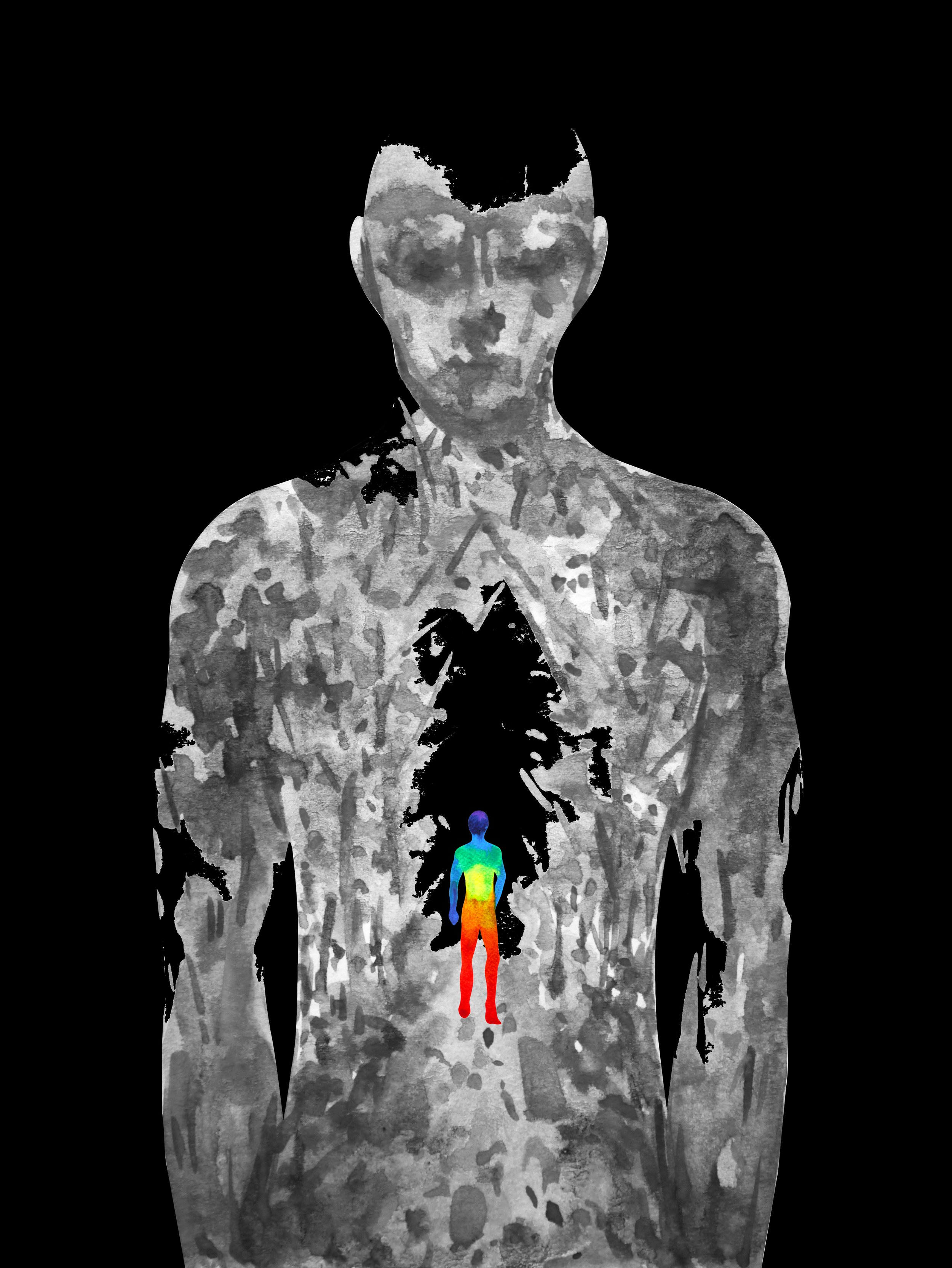Trauma + PTSD Therapy*
Traumatic experiences can leave you mistrustful of people around you, feeling unsafe (even if current conditions are safe) and vigilant (as if on guard). You may notice you are no longer able to enjoy the same activities you once enjoyed (e.g. touch from your partner or friends) because you don’t feel safe. Part of you knows you can trust these old activities and people that brought you joy and safety, but another part of you still feels wounded, and isn’t sure how to get help.
Somatic based relational therapy can help you finally receive the healing you need so you can continue on with living a full life. I will help you build safety, trust and self-resourcing, so that your wounded parts can feel ready to receive help. I utilize Parts work (inspired by Internal Family Systems theory) and Brainspotting (EMDR inspired trauma healing processing, which utilizes specific eye positioning and somatic awareness) to help you process and heal.
My approach is warm, kind, compassionate; I guide my clients with awareness of body and mind, through their stories, to unpack and resolve old trauma. Once resolved, you can utilize the freed up energy and direct it to the most important things in life.
*You don’t have to be diagnosed with Post Traumatic Stress Disorder to have suffered from trauma. For example, complex trauma, connected to unhealthy/abusive early childhood relationships, may not necessarily fit PTSD diagnosis. However, more clinicians today acknowledge the existence of Complex Trauma to better describe this type of experience. Another such example is Ancestral or Intergenerational Trauma, which can manifest symptoms in the descendant today. An important point about somatic-based trauma therapy is that we do not have to substantiate/exactly know its origin in order to heal it.
**In addition, just because you had an outwardly appearing "traumatic” event, doesn’t mean you had a trauma inducing response. Your body and mind’s processing ability and resiliency (in addition to other factors) can ward off the negative affects of traumatic events. Together, we can look at your history and symptoms to determine the best treatment approach.

